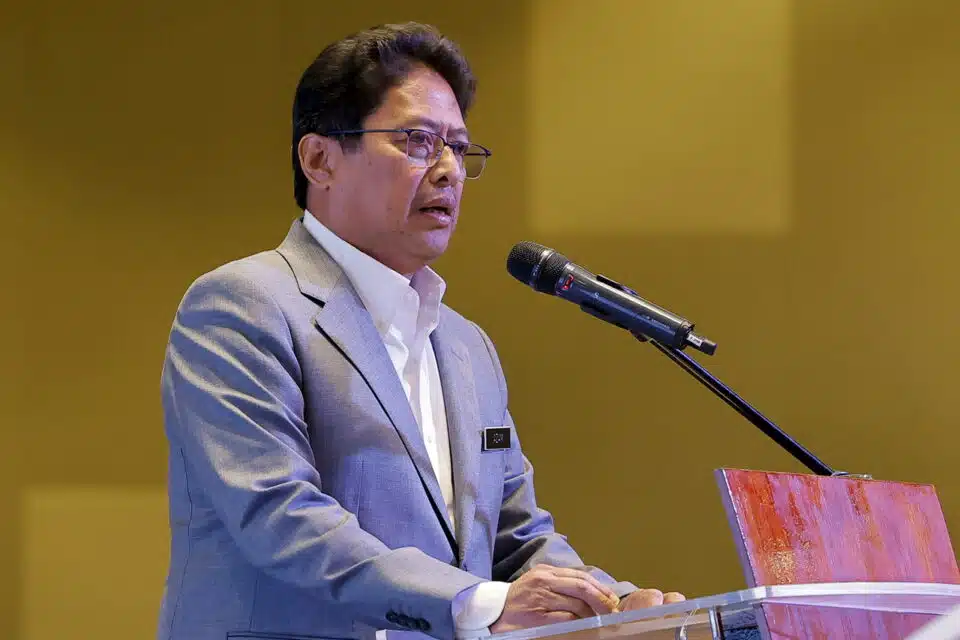BANGI, Sept 27 — The Malaysian Anti-Corruption Commission (MACC) will present seven resolutions towards a corruption-free national ecosystem for the consideration of the Special Cabinet Committee on National Governance, chaired by Prime Minister Datuk Seri Anwar Ibrahim.
MACC chief commissioner Tan Sri Azam Baki said the resolutions were based on recommendations from a two-day conference involving researchers from Universiti Sains Malaysia, Universiti Teknologi Malaysia, Universiti Malaya, Universiti Kebangsaan Malaysia, and Universiti Sains Islam Malaysia.
“The research findings presented at this national conference are highly significant to develop comprehensive and high-impact policies.
“Data on risk and gap analysis concerning weaknesses in governance, integrity, and corruption in the identified sectors will undoubtedly assist stakeholders in formulating more effective strategies to prevent opportunities for leakage, manipulation, and corruption,” he said at the 3rd National Conference on Governance, Integrity, and Anti-Corruption Research here today.
The seven resolutions include driving the use of information and communication technology and artificial intelligence (AI) to develop a more precise integrated monitoring system to combat cartels in the agricultural sector.
They also call for leading agencies to execute strategies outlined in the National Anti-Corruption Strategy and enhance IT infrastructure to improve transparency and oversight in the retail and wholesale sectors.
Additionally, the resolutions propose introducing human governance, integrity, and anti-corruption modules within the banking and finance sectors as part of career development.
They then suggest that the Corruption Perception Index be changed to a key performance indicator for identified government agencies and recommend the mandatory use of AI software to boost efficiency and governance in the construction sector.
Another resolution advocates for comprehensive governance to ensure the efficient supply of clean water resources to domestic consumers.
Azam explained that the findings presented at the conference highlighted the need to fully leverage technological advancements in the new digital era to minimise undue interference and eliminate opportunities for corruption risks across sectors.
“Periodic corruption risk assessments are also recognised as an effective risk management strategy to address corruption and leakages,” he added.
— Bernama





